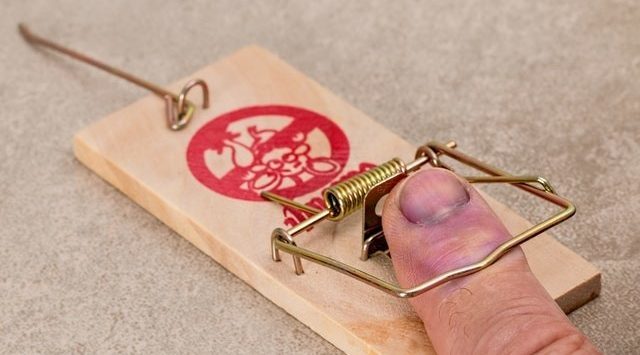Buying a business – three traps to avoid in the first year
on July 18, 2019 / by Tom Beswick

Accountants see many businesses that do well – but also a lot that don’t. Of the ones that don’t there are usually some consistent themes. Why not learn from that collective wisdom and avoid the same mistakes!
Three common errors that people make when they buy a business involve too much DIY, not putting in the hard yards at the start and not trying to get a retention out of the vendor.
First mistake – not taking the time to get good advice. It’s the good old kiwi DIY mentality again.
You may have thrown a business plan together from a template you found on Google to make the bank happy – but have you given it to an advisor and asked them to poke holes in it? How do you know you haven’t missed a critical risk?
Some people take huge risks doing too much themselves, all for the sake of saving comparatively small amounts of money. $2k seems a lot of money – until compared to the cost of losing a home.
Good advisors will help you work out if the deal is worth doing, what the potential payoff to you is and help you move forward to make a success of the business.
‘Winging it’ is not a strategy for success. You need a team around you from the start who will help you watch out for the things you don’t even know to watch out for.
Second mistake – purchasers not being prepared to put in the hard yards to get to know every aspect of the business before just sitting back and expecting to pull in the cash.
Every business performs better with a knowledgeable and engaged owner. This doesn’t mean a new owner has to micromanage the team. But even a well systemized business (say a McDonald’s franchise) will run better if the manager knows that the owner is involved and understands what’s going on.
Take your time to learn how the business runs. Get stuck into the detail, learn about your staff, learn about your customers and learn all the risks and opportunities. Having that knowledge will help you avoid making mistakes you don’t need to.
Sometimes great change is called for as a new owner – but it should only be undertaken once you know the business well. From my experience good results often come from making regular 1% improvements. Ultimately, a committed owner will pull in more cash than one that expects a carefree investment every time.
Third mistake – business buyers paying beyond top dollar but with no retention (money held back) or no incentive for the vendor to “perform.” If the business is as good as advertised the vendor will happily sign up to a retention in return for top dollar.
There is hesitancy sometimes to put warranties around say sales numbers etc in business sale and purchase agreements and that is understandable. If a buyer runs the business into the ground because of mistakes one and two above, than that often is not the vendors fault. However, that doesn’t mean that warranties shouldn’t factor into the negotiations at least. The vendor of a good business should be confident that it can hit future targets.
If the vendor isn’t giving you a strong feeling that recent results are repeatable than it might be worth questioning just how ‘pumped up’ for sale the business is. i.e. have sales lifted in the lead up to selling the business so it looks better in the short term?
Take the time to talk to the vendor and the business broker. Importantly make sure that any clauses that are added about the performance of the business are clearly defined so that if you ever need to follow up on them you can.
If you can take the time to do your homework when you buy the business, get a good team of advisors around you, and put in the hard yards than these three things alone should see you on your way to success.